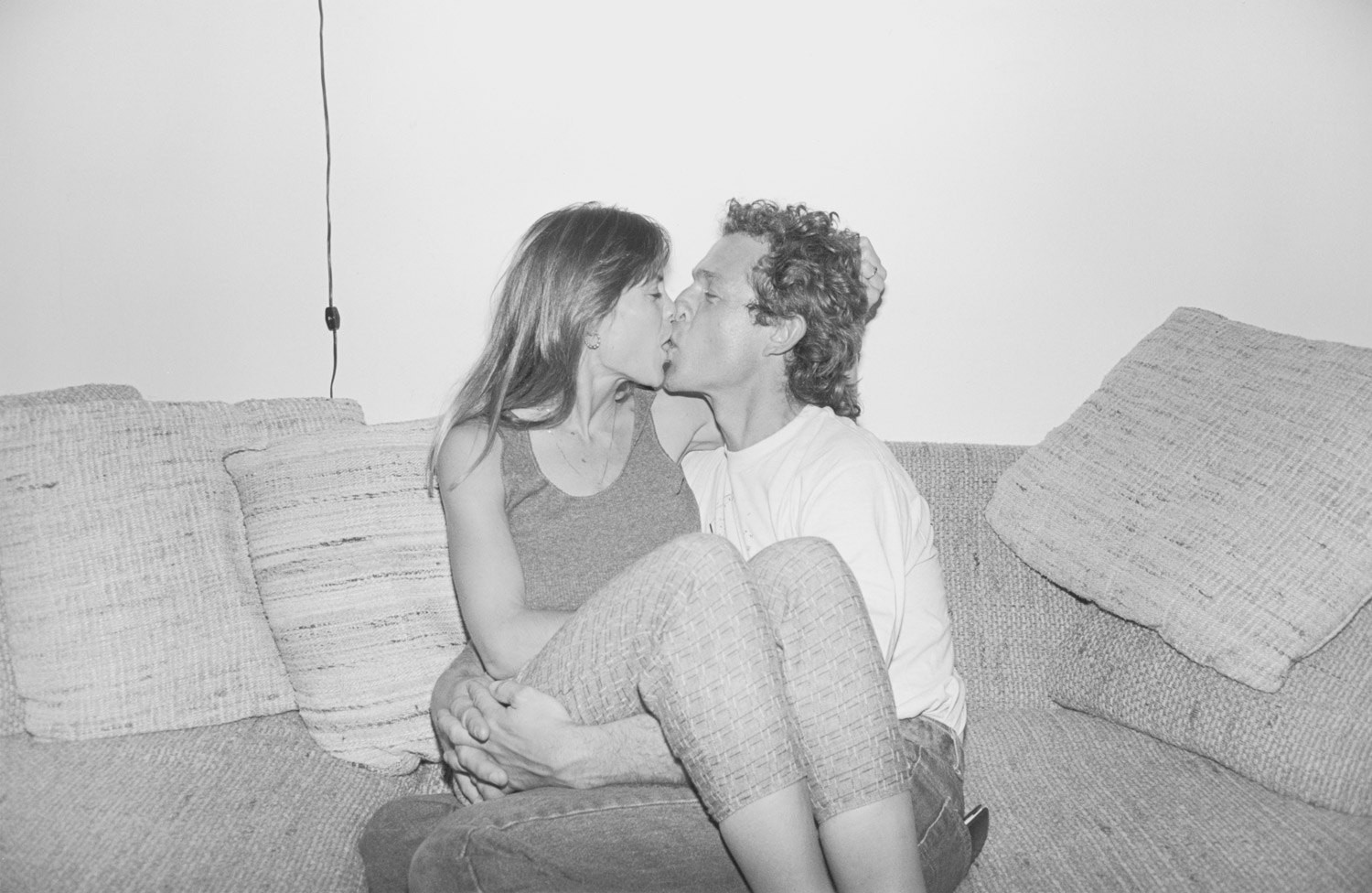
“It was like being in paradise. The light was so sharp, you could see the edge on everything. I got off the plane and I wanted to photograph everything that was there—I couldn’t stop.” That’s the way Henry Wessel describes the moment he first arrived in California. A small town Jersey boy, he moved to the San Francisco Bay Area in 1971 to chase the light that exists there year-round and never looked back.
Wessel’s vintage photographs are currently on display at the Pace/MacGill Gallery in New York City. They are a celebration of life in every sense: a couple canoodling on a couch, a poodle getting primped backstage before a dog show, a full suited man at the beach. They are familiar narratives, but in the eyes of Henry Wessel, these moments become surreal. Never hesitating with his camera, he releases the shutter with spontaneity and excitement much like the way the pioneers of the Nouvelle Vague shot film.
Wessel got into photography at age 25 when he was asked by his girlfriend to shoot some head shots of her. “It was late in the day [and] the sun was low and axial. I filled the frame with her face and did a few shots,” he recalls. “We made a print on 11 x 14 inch paper and when the first print came up in the tray I was stunned. There it was her face, almost one to one, sunlit, detailed and so incredibly physical, so actual. That was it. It was like something fell out of the sky. I knew right then what I would be doing for the rest of my life. The next day I sold my motorcycle, bought a camera, and three months later we opened a portrait studio. That was the start of everything.”
Wessel is a photographer’s photographer who takes great pride in his craft. The tonality of his prints are precise and he is particular in the way in which he prints his photographs keeping in mind “the intention of describing the light that existed in the physical world when [making] the exposure. The process is based on producing a negative that has information everywhere.” Like his mentor, Garry Winogrand, Wessel shoots often and stores his contact sheets for years before he starts editing them. He explained this way of creating distance works to “lose the memory of the pleasure of being in the world and photographing [forcing] me to deal only with the appearance of the photograph.”
Since the time he took these vintage photos, Wessel’s instinctive way of shooting has remained true. Early in the morning or in the late afternoon, with his camera in tow, Wessel takes long walks in the Bay Area when the sun is low and still continues to capture unique snapshots.
The exhibition features photographs that cover two decades of his earlier career. Henry Wessel’s photos are on display at the Pace/MacGill Gallery in New York City until July 8, 2011.
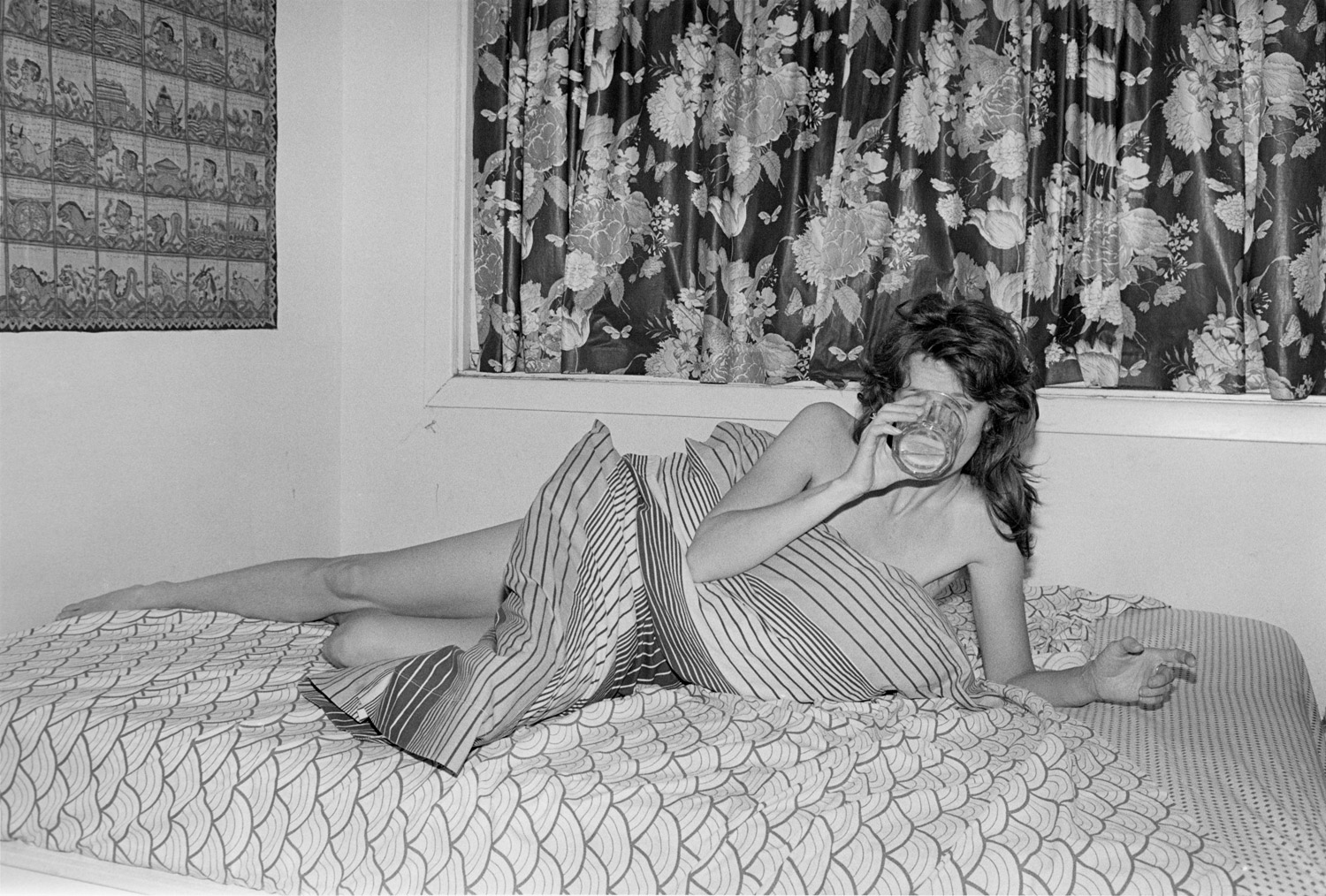
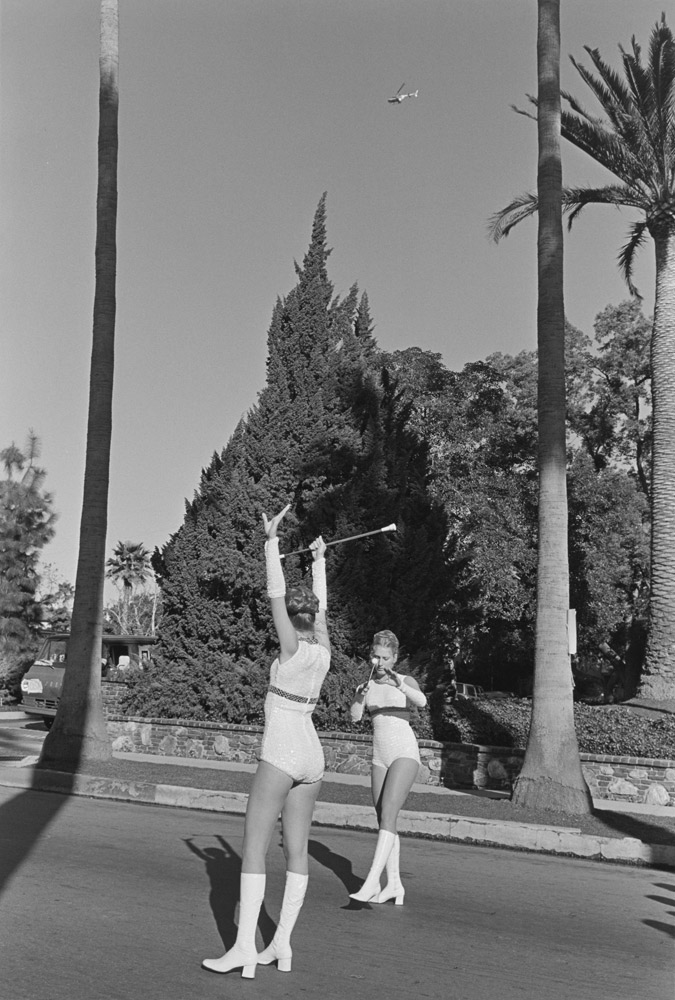
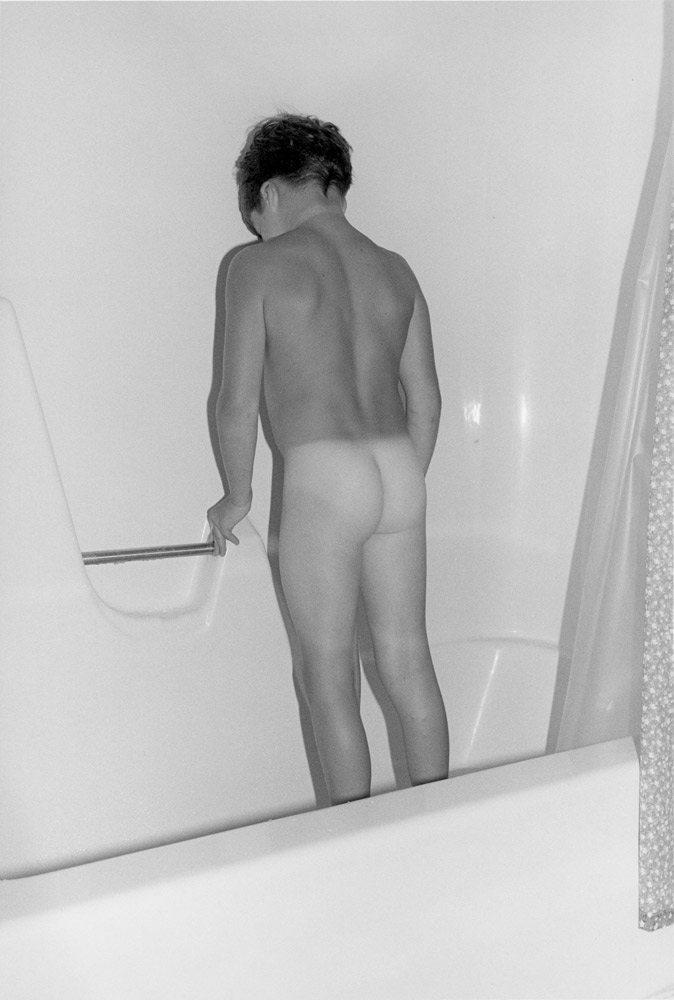
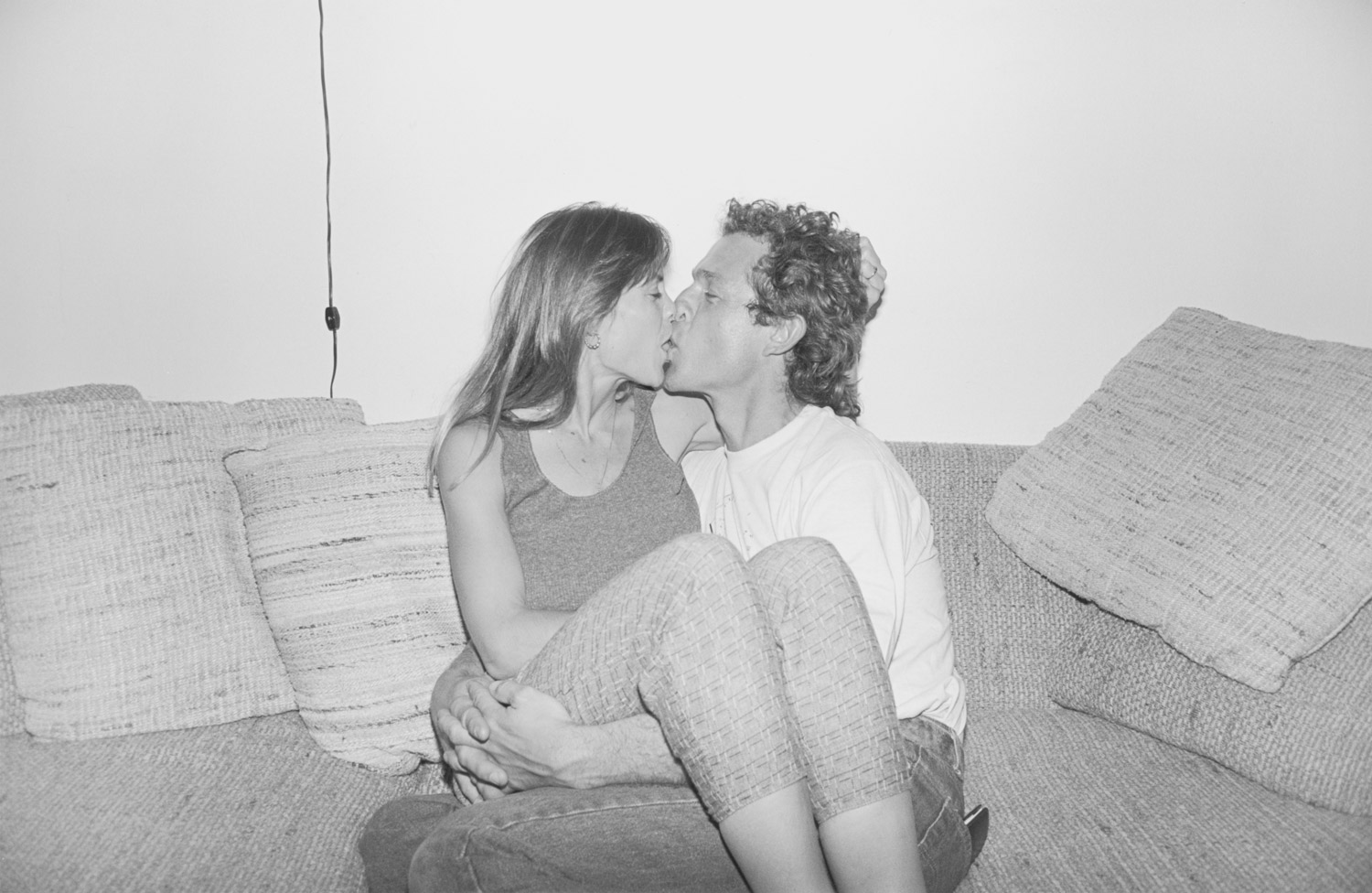
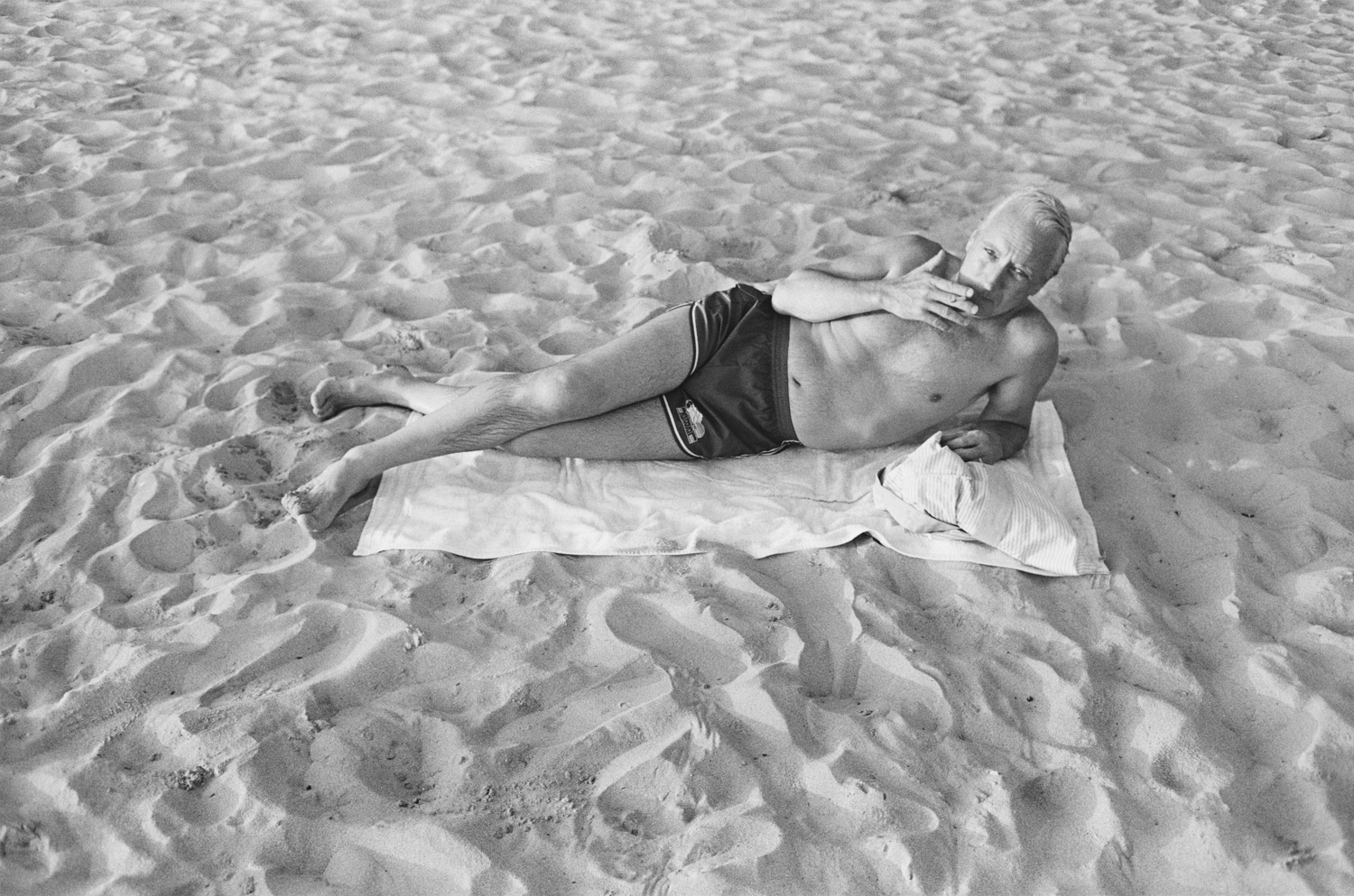
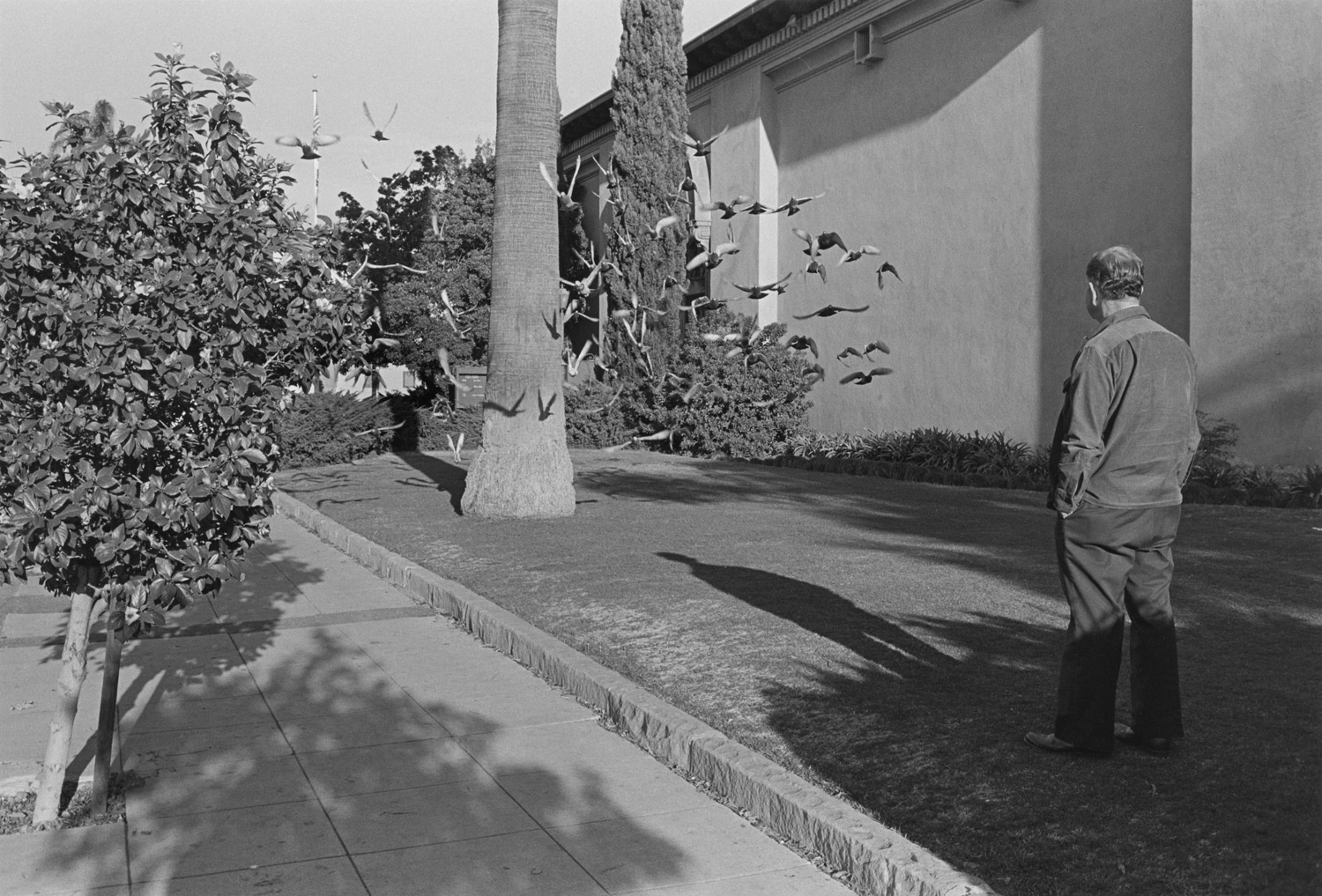
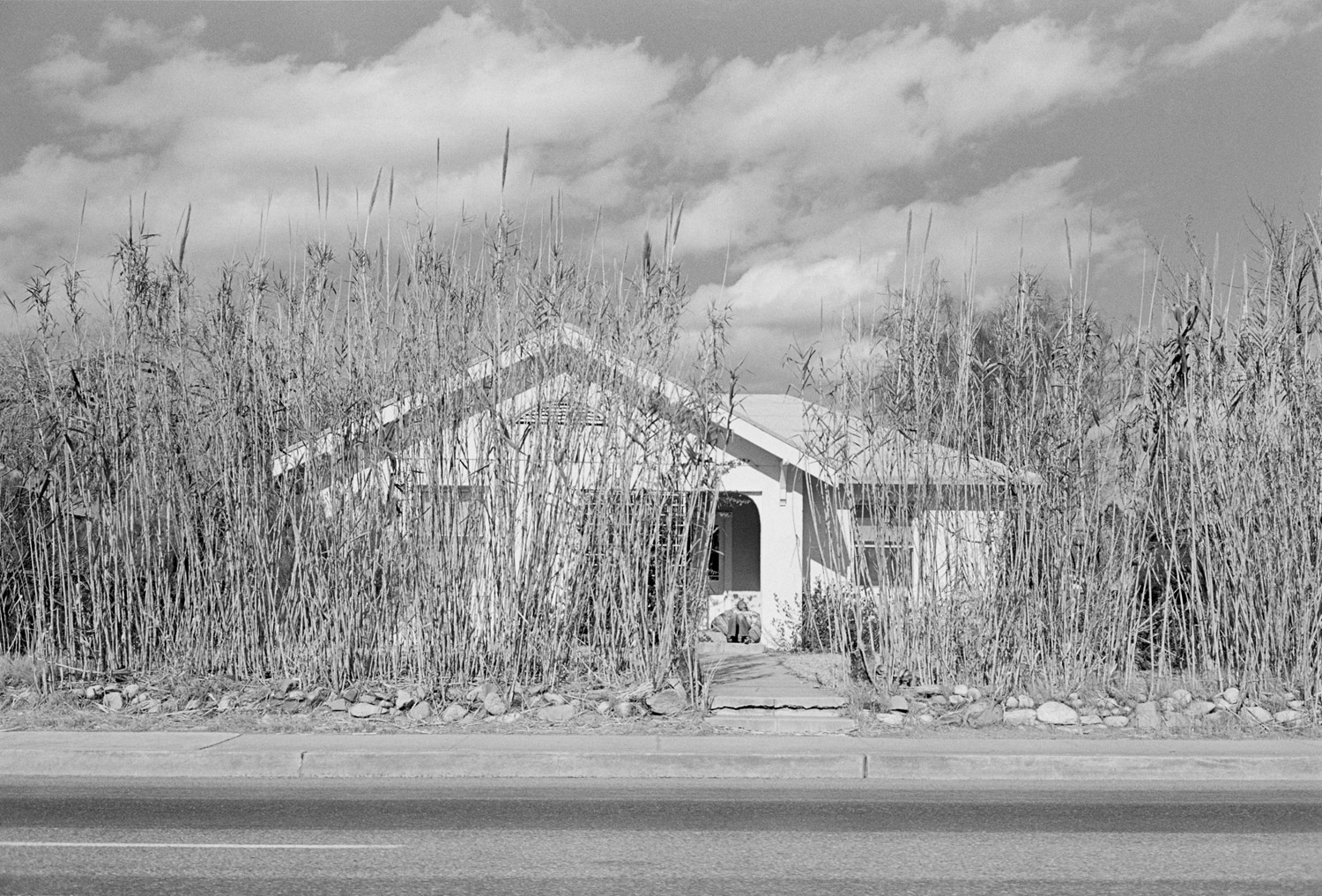
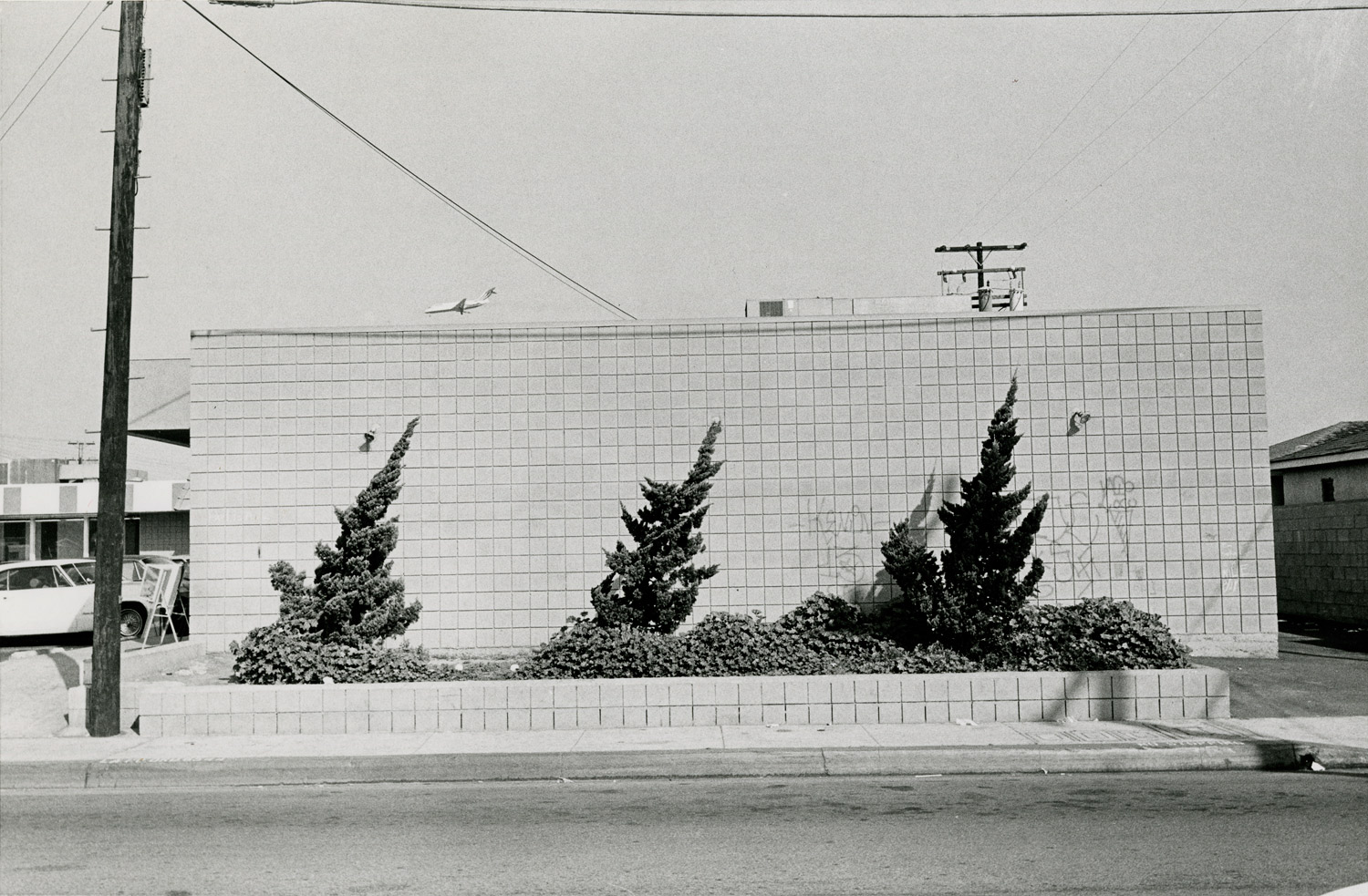
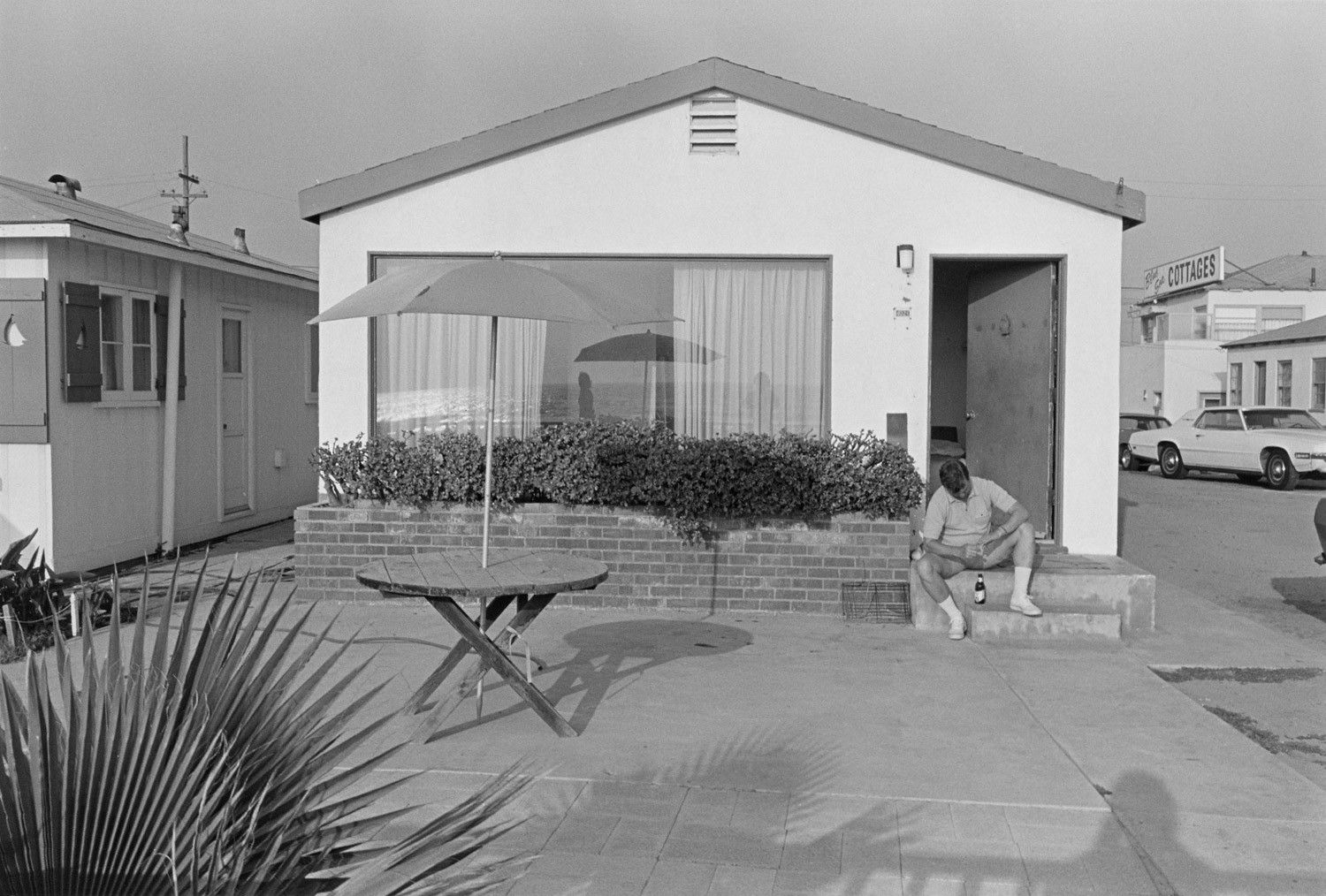
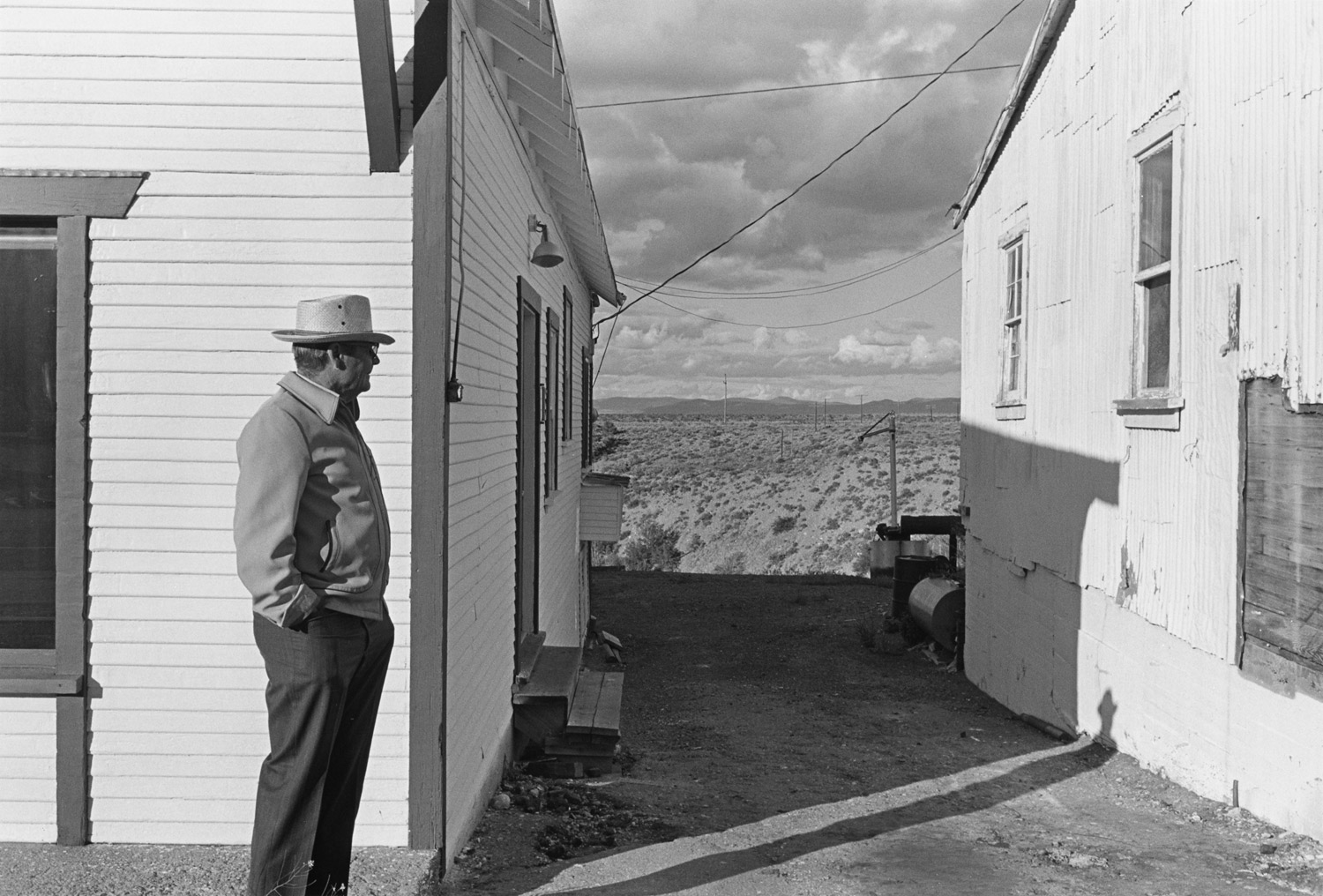
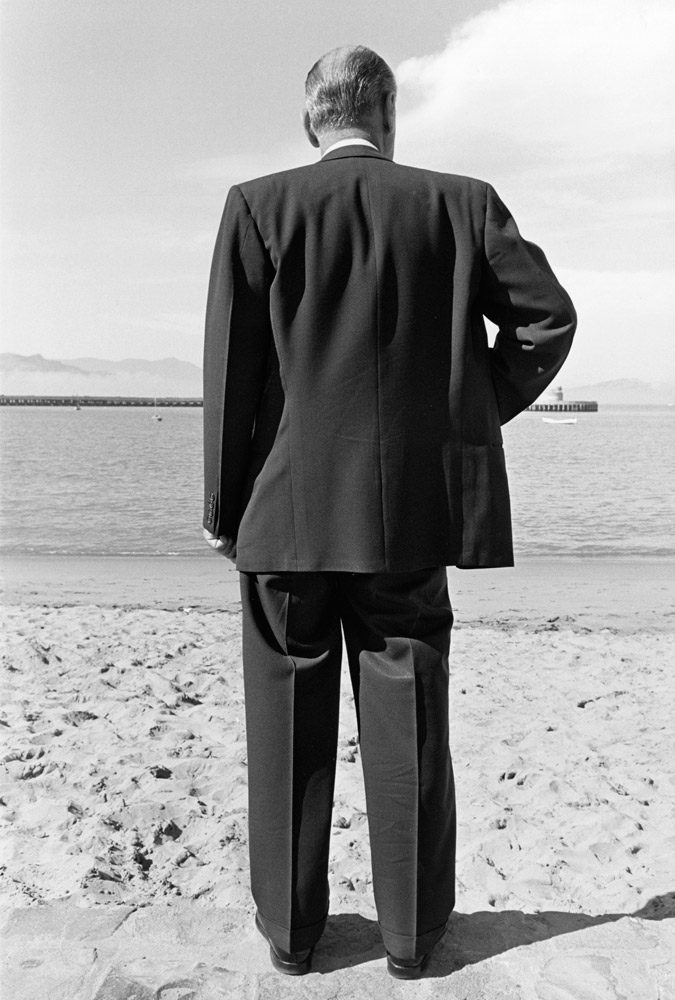
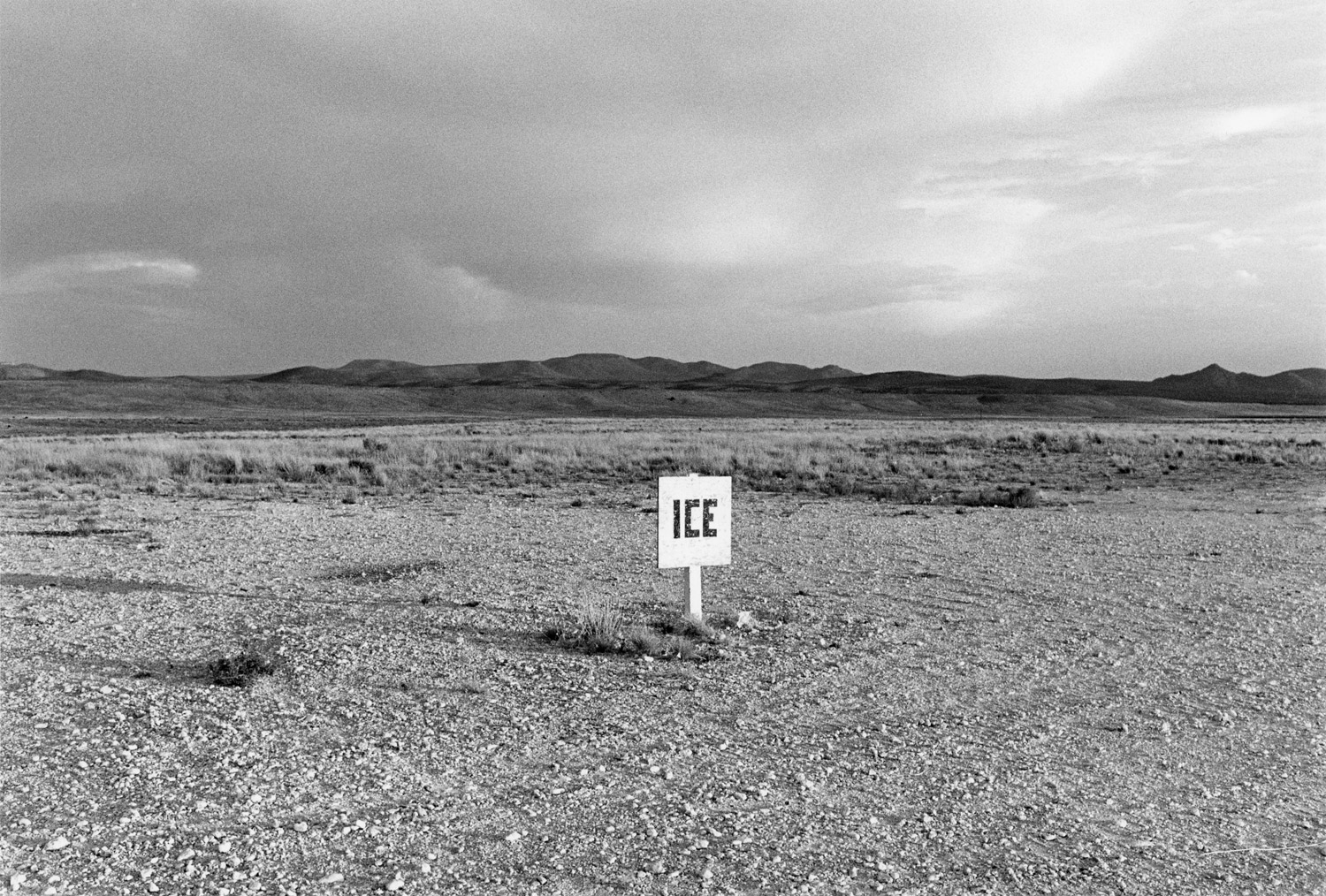
More Must-Reads from TIME
- Cybersecurity Experts Are Sounding the Alarm on DOGE
- Meet the 2025 Women of the Year
- The Harsh Truth About Disability Inclusion
- Why Do More Young Adults Have Cancer?
- Colman Domingo Leads With Radical Love
- How to Get Better at Doing Things Alone
- Michelle Zauner Stares Down the Darkness
Contact us at letters@time.com